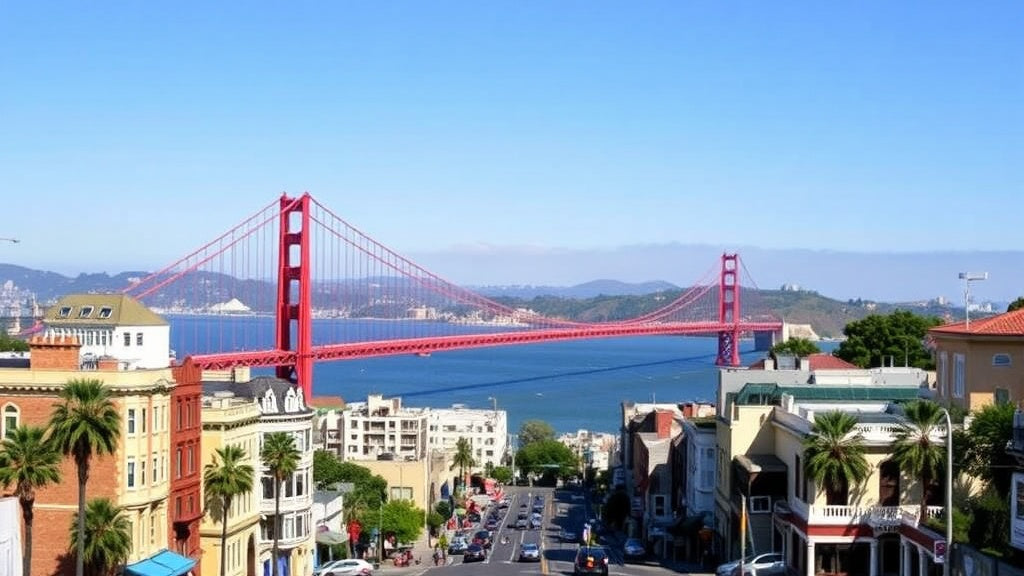
Napoleon’s Bold Egyptian Campaign: Triumphs, Treacherous Tides, and Timeless Legacy
, by Unboxify, 5 min reading time

, by Unboxify, 5 min reading time
In May 1798, 55,000 French troops embarked on an audacious journey across the Mediterranean Sea. Onboard over 300 ships and accompanied by 13 ships of the line, they embarked on a bold expedition led by the brilliant and ambitious General Napoleon Bonaparte. At the heart of this formidable fleet was L'Orient, boasting 120 guns and ferrying none other than Napoleon himself. Fresh off his victorious campaigns in Italy, Napoleon's mission in Egypt would become an epic chapter in military history.
Though victorious on European soil, the French faced a different adversary at sea: Britain's mighty Royal Navy. Under Rear-Admiral Sir Horatio Nelson, Britain had already secured decisive naval victories over the French allies, Spain and the Netherlands. Nelson's squadron of 14 ships patrolled the Mediterranean, and the French expedition's destination remained a closely guarded secret.
On June 9th, Napoleon's fleet arrived in Malta, ruled by the Knights of St. John. Within two days, the knights surrendered the island to Napoleon, who quickly reformed its arcane government, established schools, abolished slavery, and seized local resources. The armada then set sail for Egypt, lest the hovering Royal Navy discover their plans.
Despite a near encounter with Nelson's squadron, French luck held as a heavy fog and darkness ensured the fleet's stealthy journey to Alexandria. Napoleon was keen on speed, aware that British warships were in pursuit. As dawn broke, 5,000 French infantry stormed Alexandria, quickly overwhelming its defenders.
From Alexandria, Napoleon had his sights set on Cairo. Yet, the harsh desert climate and grueling march took a toll on the French troops, sparking infighting even among Napoleon's closest officers. The oppressive heat and lack of water led to numerous casualties along the 45-mile march to Damanhur.
Nearing Cairo, near the Giza Pyramids, Napoleon faced the Mamluks' main force led by Murad and Ibrahim Bey. On July 21st, amidst the sweltering afternoon, Napoleon’s 25,000 strong force formed into massive infantry squares, with cavalry and artillery at strategic corners.
On July 24th, Napoleon entered Cairo, a city of 600,000 residents and the heart of Egypt. French forces soon discovered the city's wealth juxtaposed with the populace's abject poverty. While attempting to win local favor, Napoleon's policies dismantled the feudal system, introduced modern amenities, and established the 'Institute of Egypt' for scientific exploration.
On August 1st, 1798, even as Napoleon's army basked in their triumphs on land, disaster struck at sea. Nelson's fleet found the French anchored at Aboukir Bay and launched a feared nighttime attack. The result was a devastating British victory with the destruction or capture of most of the French fleet, including the annihilation of L'Orient.
While General Desaix pursued Murad Bey’s remnants in Upper Egypt, Napoleon restructured Egypt’s administration, introducing new taxes, hospitals, and schools. The French leader also funded mosque constructions and observed Islamic festivals to garner local support—a gesture that sparked rumors of his conversion to Islam.
In hopes of a diplomatic reprieve, French Foreign Minister Talleyrand planned a mission to placate Sultan Selim III. However, Talleyrand's efforts never materialized. The Ottoman Empire readied for war against the invaders, raising armies across its vast territories.
Napoleon's Egyptian campaign epitomized the blend of military brilliance, cultural engagement, and strategic missteps. His audacious gamble in Egypt demonstrated his tactical genius and the resilience of his forces even under dire circumstances. The campaign, fraught with both spectacular victories and grievous naval losses, underlined the volatile theater of 18th-century geopolitics.
From the sands of Alexandria to the legendary Pyramids, Napoleon’s Egyptian expedition remains an emblematic tale of ambition, valor, and the far-reaching consequences of imperial conquest. Despite his challenges, Napoleon's legacy was irrevocably etched in the annals of history, shaping the future narratives of both France and Egypt.






